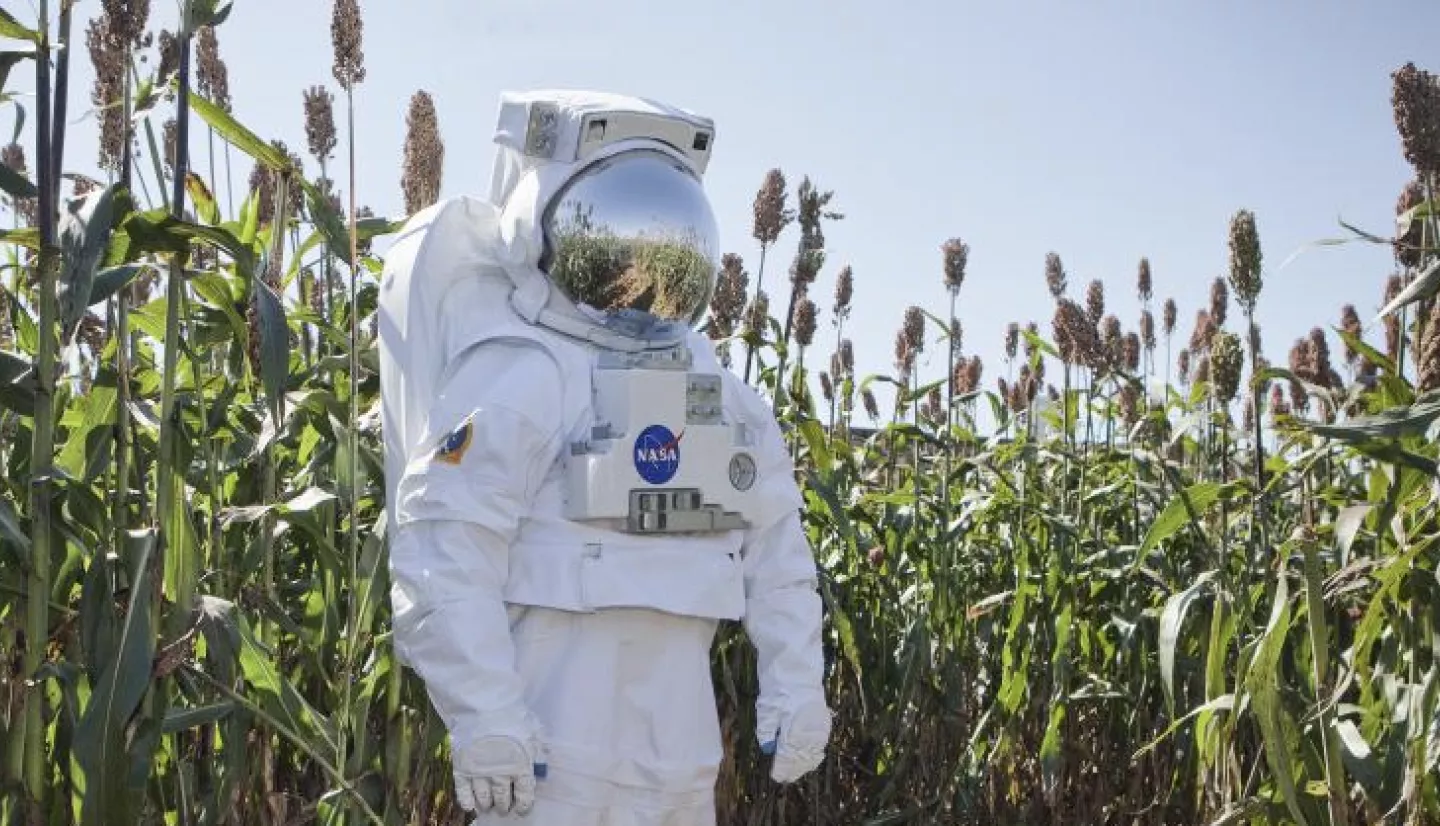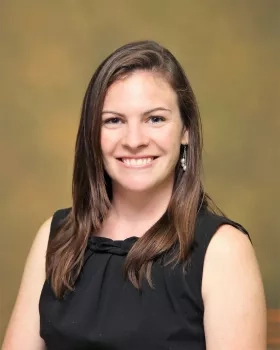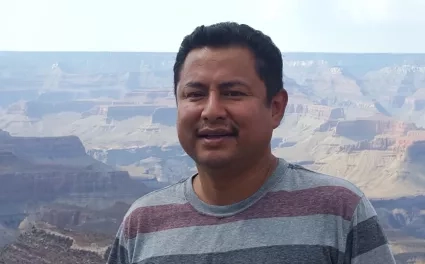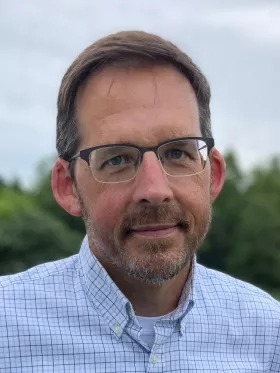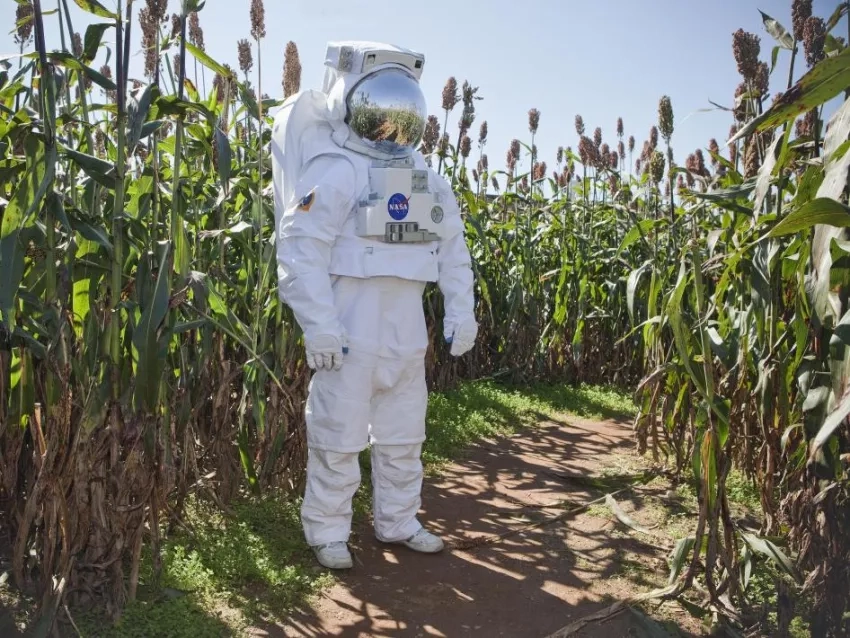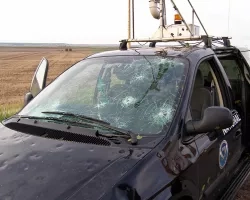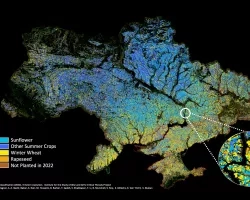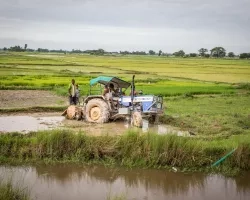NASA is bringing food security and satellites to Austin, Texas for a panel discussion at South by Southwest (SXSW). The discussion on March 11, 2023, will share how NASA helps decision makers around the world balance water resources with food security.
NASA data and tools help farmers decide when and how much to water their crops, and humanitarian agencies understand where unexpected conditions like drought or war will hit hardest. More details about the panel, “Tackling Food Insecurity with NASA Satellite Data,” can be found on the SXSW event page. The panelists include:
Sarah Brennan – Deputy Program Manager for NASA Water Resources Program Area – Brennan supported restoration and water resource studies at The National Academy of Sciences. She received her M.S. in Water Resources Policy and Management from Oregon State University.
Mary Mitkish – Assistant Program Manager for NASA Agriculture Program Area, NASA Harvest – NASA Harvest is a consortium enabling the use of Earth observations for food security and agriculture worldwide. Mitkish handles partner and stakeholder engagement, project management, communication, and digital content.
Carl McClellan – Senior Hydrologist for Navajo Nation Department of Water Resources – McClellan received his bachelor's degree in chemistry at the University of Arizona. McClellan and his colleagues expanded the Drought Severity Evaluation Tool, custom designing the platform for the community's needs. He has also worked for environmental firms and laboratories on water quality and hazardous waste.
Lawrence Friedl – Director of NASA Earth Applied Sciences Program – Friedl has been with NASA since 2002. Before joining NASA, Friedl worked at the U.S. Environmental Protection Agency on geospatial data and technology. Friedl is the panel’s moderator.
By engaging SXSW’s audience in media, nonprofit, art, and policy industries, panelists hope to share NASA’s data with potential new users. These resources are designed for anyone interested in tracking crops, predicting droughts and food shortages, and reducing the impacts of climate change on food supplies.
